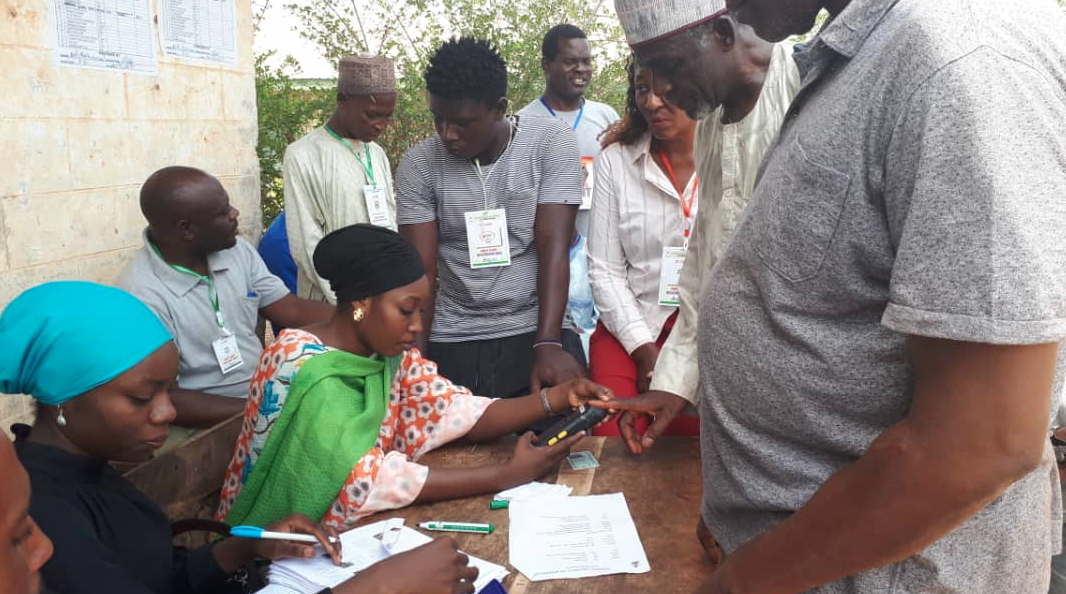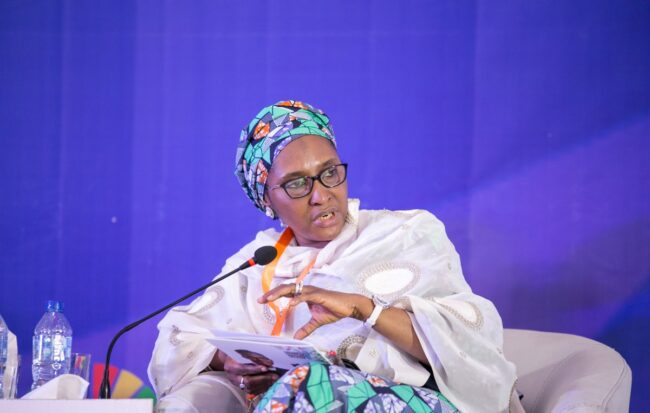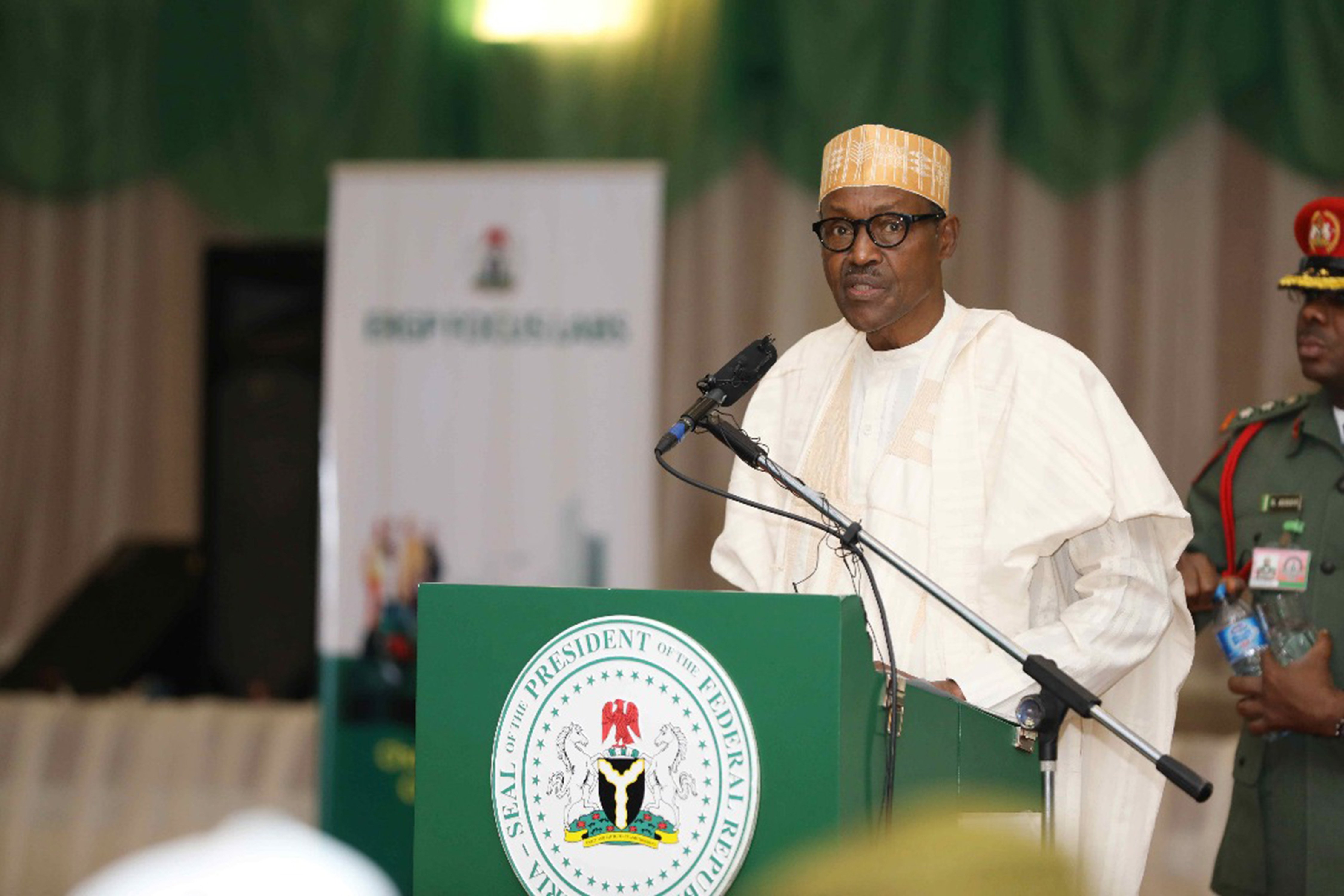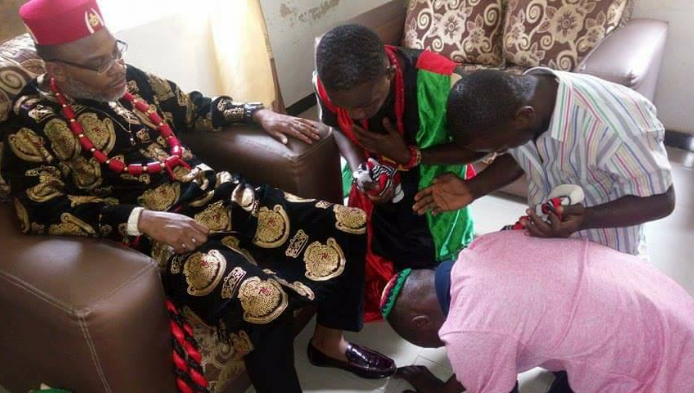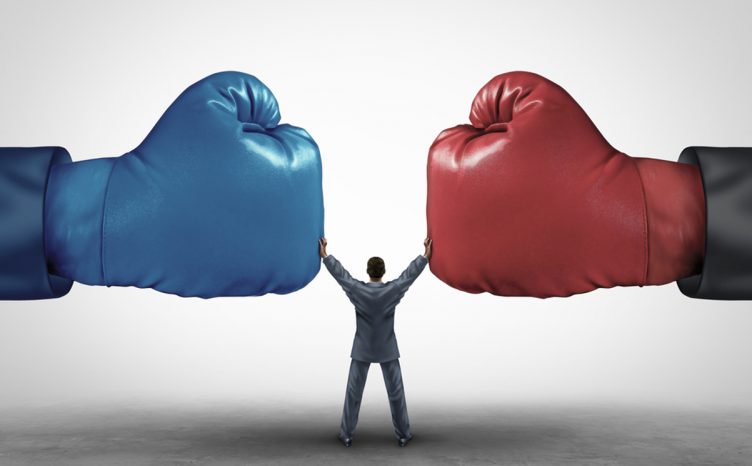Now that outcomes in about all outstanding constituencies under the 2019 general election cycle have been electorally – take note: not judicially – decided, attention must turn to life beyond the poll.
While awaiting the final reports of the many international and domestic observers of those recent elections and, of course, the upshots of associated litigations, the Independent National Electoral Commission (INEC) has served notice that it is already looking ahead to off-season governorship poll in Kogi and Bayelsa states. The public’s expectation is that the electoral body will mine lessons from practical circumstances of the just-concluded poll to improve its processes for future elections. But that is regarding INEC. For Nigeria’s legion of political parties, it seems just the perfect time to head back to the smithery and rework their brand if there’s one, or freshly forge one if there’s none. The whole idea is for them to prospect for better relevance in the scheme of things.
Before the electoral commission called a halt to registering political parties ahead of the 2019 general election, it had a haul of 91 of them on its roll, out of which 73 parties put in appearance for the February 23rd presidential poll. For most part, that appearance was tokenistic, because the election was in actual terms a two-horse race between the ruling All Progressives Congress (APC) and opposition Peoples Democratic Party (PDP). Considerably fewer numbers of political parties pitched in respectively for the other elections into the national assembly, governorships and state houses of assembly. Still, the 2019 poll featured a grossly crowded field of contending parties compared with the 2015 general election for which only 30 parties were on INEC’s register, out of which 14 parties stepped up to the plate for that year’s presidential poll.
Now that the 2019 general election is behind, the statute of time limitation on INEC to register more parties has lapsed. And you need no special skills to forecast that new associations will soon begin to file applications to get on the electoral roll. With the minimalist criteria prescribed in our laws, the commission can’t help enlisting most fresh applicants; and that means the number of registered parties in Nigeria will yet swell beyond the present level that many would argue is already on excessive side. The catch here is: other than the few political parties with some stake in power at different constituency levels, nothing typically gets heard from the fringe parties until the next election cycle when they – some, certainly not all – barely manage to rouse and put in nominal appearance on the ballot for select constituency elections.
Advertisement
Under Nigerian electoral law, there is virtually nothing stopping any party getting on the ballot for any election. But then, the electoral commission has never shied from making clear the challenges that huge numbers of fringe parties pose for its logistics and other processes in the context of elections – among these, its statutory mandate to monitor the parties’ primaries before the poll, and the time it would take after voting to return winners through the thick forest of also-rans. The immediate past leadership of INEC under Professor Attahiru Jega attempted resolving those challenges by applying the provisions of Section 78(7) of the Electoral Act 2010 (as Amended) in deregistering some dormant political parties. Only it was overruled by the courts, which held the said Electoral Act provisions inconsistent with freedoms guaranteed by our country’s Constitution. By the way, it curious (isn’t it?) that those provisions yet remain in the Electoral Act as of today.
But having a crowd of political parties on the electoral roll is not by itself the problem. Many of the world’s pluralist democracies parade bloated registers of political parties that do not, for that very reason, hobble their electoral system. A recent publication by the Election Commission of India, the world’s largest democracy, which kicked off its marathon (six-week-long) election just last Thursday, showed that the country had 1,841 registered parties. But those parties were restricted to jurisdictions and couldn’t play beyond their respective sphere. Of the whole number, there were seven as national parties, 51 as state parties, and 1,785 ‘unrecognised’ parties – so designated because they did not enjoy the privileges attached to ‘recognition’ by the electoral commission such as a reserved party symbol, free broadcast time on state-run media, being consulted in the setting of election dates, and making input to electoral rules and regulations. Meanwhile, the electoral body periodically reviews the parties’ respective status based objective criteria.
In the United States, the country whose model we have adopted in Nigeria, the historical duopoly of the Democrats and Republicans has not shut out other players. Although those two parties exclusively alternate power and share the seats in Congress, there are at least three minor parties at the national level namely the Libertarian Party, the Green Party and the Constitution Party. That is not mentioning scores of other parties at the state and regional levels. But here’s the deal: whereas the fringe parties do not hold any seat in Congress, their existence is sufficiently justified by their active preoccupation with self-assigned social and ideological agenda. For instance, the Libertarians advocate non-interventionist foreign policy and civil liberties; the Greens are left-wing environmentalists who promote social democracy and respect for diversity, peace and non-violence; while the Constitutionalists canvass American nationalism, greater attention to the U.S. Constitution, and conservative ethics of Christianity such as opposition to abortion.
Advertisement
Besides, U.S. parties all have strict jurisdictional fields of play. But the places to really find political parties for whom political power isn’t the major objective are the states and communalities. Yes, you read that right: the operational relevance of most parties, by design, is restricted to social agenda in the states and provinces. Other than Independents, allowed by the country’s Constitution, minor parties include the United States Marijuana Party, which obviously is keen on marijuana legalisation; the New Black Panther Party, which promotes Black Nationalism; the United States Pacifist Party, concerned with pacifism; and the United States Pirate Party that is focused on Pirate politics. Among a throng of others, regional parties include the Natural Law Party in Michigan; New York State Right to Life Party, Rent Is Too Damn High Party, and Women’s Equality Party – all in New York; and then, Ecology Democracy Party and Grassroots-Legalize Cannabis Party – both in Minnesota.
Even in United Kingdom where the Liberal Democrats pose a third force to the parliamentary duopoly of the Conservative and Labour parties, there are other major parties that contest only within specific regions – say, in Ireland and Scotland. And those are national parties. Several local parties contest within a specific area, a single county, borough or district.
The point here is that even though Nigerian electoral law, as we already observed, does not prescribe jurisdictional limits for political parties, the parties could by themselves consolidate their base jurisdictionally ahead of the 2023 general election. One ready way of doing that, perhaps, is by gunning for a stake in respective local government elections.
And that is for parties keen on political power. Nigerian parties should begin to commit to social and community causes such as the need for good roads and other infrasructure, on the basis of which they could then connect with the public and drive for membership that would evolve to become their regular support base. That should be a foundation on which to subsequently build the quest for political power.
Advertisement
But to really tidy up the clogged electoral system in this country, INEC must itself pursue evolving regulations for ballot access by political parties, or, at least, status regulation of the parties as is the case in India.
Please join me on kayodeidowu.blogspot.be for conversation.
Views expressed by contributors are strictly personal and not of TheCable.
Add a comment

